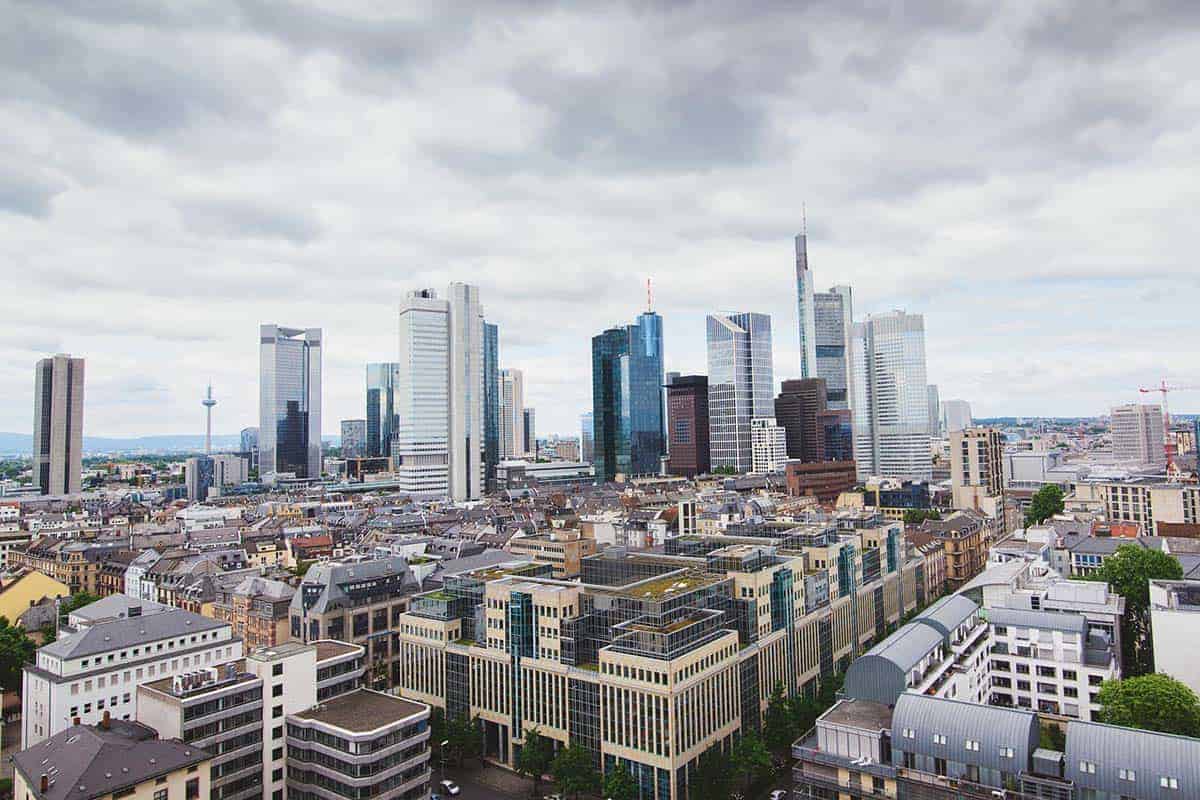Whenever we talk about urbanization, there is a tendency to think that it is something substantial or complex to understand. Urbanization means a rise or upswing in the rate of people in the urban region of a state or country. The people in the urban area are higher when compared to the rural region. That is if the total population of a nation was initially 100,000 with 50,000 in the rural space. At the same time, the remaining 50,000 live in the urban region, and as time went by, the number of persons living in the rural area gradually declined to 20,000, and that of the urban state increased to 80,000.
Taking a look at urbanization pros and cons
Urbanization may be caused or influenced by various factors, such as the introduction of industries and increased commercialization in urban areas. Despite this, urbanization has different aspects. Thus, we shall take a look at urbanization pros and cons. One of the effects of urbanization is that it would lead to increased commercial transactions in urban areas. However, such overpopulation will put the basic amenities in the urban areas under undue pressure.
Continue reading to get more details about urbanization!
Factors That Contribute To Urbanization
Some of the factors that contribute to urbanization are as follows:
Introduction of Industries
People would automatically drift to an environment where there are industries so they can work and earn for survival, so if this means they have to migrate from rural areas, they will.
Commercialization
When skilled men feel they are not getting enough reward for the solutions, they bring through the utilization of their skills. They tend to move to a place where their skills will equal the value of foreign currency.
Traders, companies, and brands do this too. Most of their income comes from the mass populace and where they can find this mass is in the urban region.
Employment
Most organizations specialize in the urban regions of the city, state, or nation, and these places pose opportunities for those seeking greener pastures in severe sectors such as health, finance, education, legal, etc.
Upgrade in the standard of living
When factors such as promotion, opportunities, grants, and contracts upgrade the standard of living of a person, they automatically want to shift from where they used to be to somewhere more prestigious, and the urban centers are where these places are.
Considering a wide range of perspectives, other schools of thought see urbanization as a gradual process through which small towns and the rural spaces grow to become cities. It is because more and more people begin to move into these spaces, and they would have no other choice than to increase and expand. It is only a matter of time before the places which used to be rural and accessible become rugged with industries and urban lifestyle.
The Pros Of Urbanization
Urbanization has some benefits that it offers to society and its inhabitants. Some of these benefits are:
Industrialization
Industrialization is the word that defines the global transition of the world from what it used to experience as the agricultural-based economy into the economy controlled by industries. In the 19th century, the world was under the control of farmers who had the most substantial portion of land had the power because, with the property, you could do so much. Still, as time went by, industries began to rise, and farming itself became mechanized.
Therefore through the rise of industries, we have seen the movement of individuals, groups, and companies from rural spaces to the urban areas in search of new loopholes that can accommodate their skills and expertise. The presence of industries gave birth to new jobs, defined a new era, birthed a new level of engagement, and added to the prestige of the economy.
With the rise of industries came the increase in commerce. There was an increase in transactions. People could easily buy and distribute goods and services. It gradually became the new norm as there was easy access to agricultural farm products in the cities, so people would rather stay in the urban space, which had more commercial opportunities.
Social benefits
If you live in the city or town, there are things you can easily access that those in the rural space might never have. These things are like in resonance with those who live and operate in the urban area.
Some of the numerous examples are an increased standard of living, social welfare, improved medical facilities, and each access to health care, a better model of education, sports centers, and recreational spaces.
From these lists and based inexperience with the lesser quality in the rural space, more people are often motivated to find sustenance in the urban region. With the establishment of these facilities come opportunities.
Some of the population are seeking a better standard of living. Others move for the sake of finding employment in these sectors.
Rural Development
As more people in these urban spaces begin to become more productive, more fruitful, and prosperous because they will discover new natural resources, industrial demand will increase, and more factories will be needed. Miners will evolve, and agricultural markets will shoot up.
There will be a need to transform the rural areas to urban spaces to build more and increase the activities to boost the economy.
This increase will bring in a new window of employment, an improved educational benchmark, health facilities that used to struggle will be rebranded, and more persons begin to have access to good health care. It would reduce rural-urban migration.
Advancement in technology
The rise in rural-urban migration will lead to an increase in transactions at all points. It will cause a rise in the demand for the improvement of technology that will ease and increase transaction speed.
There is also a demand for an increase in technology aiding structures. Let’s say, for example, there is an increase in the population of people in the urban region of the country. There will be a need for the government to improve transport networks to improve transportation. The means of communication will be enhanced.
New avenues through which people can quickly move, Such as rail, and air will receive full attention. And when their things are taken care of, it becomes much easier for people to maintain a good standard of living and better contribute to the growth and development of the economy.
Cons Of Urbanization
Just as there are advantages of urbanization, an increase in urbanization also has its disadvantages. Some of these adverse effects are:
Housing issues
One of the worst cases you find in urban regions is housing challenges. When more people begin to move from rural to urban spaces, houses decline in areas, and because the rate of movement of people into these places is quite lower than the housing rate, there will be so much congestion.
Not just on houses, but on social facilities such as roads, educational systems, water food, and resources. You will seldom find many people trying to manage and squeeze into a small space for the house. It is something that is experienced day by cities as more and more people too in to find opportunities and greener pastures.
The decrease in job opportunities
Whenever there is an increase in the number of people moving into the city, the rate of employment decreases. This is because there will be more people scrambling for available jobs. And statistics have even shown that it is even higher in the space of educated people.
There was a time where if you had a school certification, you had a job, but today it is not a guarantee anymore. Even with your certificates, you still need to struggle with a thousand others who have the same certificates to get jobs whose oat may not also be enough to sustain the type of standard you deserve.
The gradual increase in slums
When poor people transitioning from the rural areas to the urban space, get them and can’t afford to pay for a house, they end up curving spaces for themselves, which ends up becoming slums. Slums are unlawful and are against the government.
Currently, the rate at which slums are growing they are far exceeding the numbers recorded in the early industrial seasons. When there is a substantial increase in the number of immigrants and a slow rate of housing systems and land development, this will bring bugger issues such as inadequate sewage facilities and treatment.
There is a big challenge on how to manage the excess waste that is generating daily forcing governments to have to dispose of them in lakes, rivers d streams, whichever one they can find.
In response to these actions, the reactions will be a rise in infectious diseases. People begin to get infected by conditions such as malaria and typhoid. These diseases move from one person to another, leading to deaths.
Conclusion
Urbanization is a collective summary of population growth in urban areas. It can refer to modernization relative to the industrial growth in an urban region. In a simple definition, it is a population shift. Urbanization is excellent and should be the reality of the new world if it must advance and take its place in the world’s economy. It is the guarantee of growth for any nation, and even when it comes with its disadvantages, there should be measures to manage not curb its idea. Thus, we now understand the elements of urbanization pros and cons.
You May Like These Articles As Well:






















Add Comment